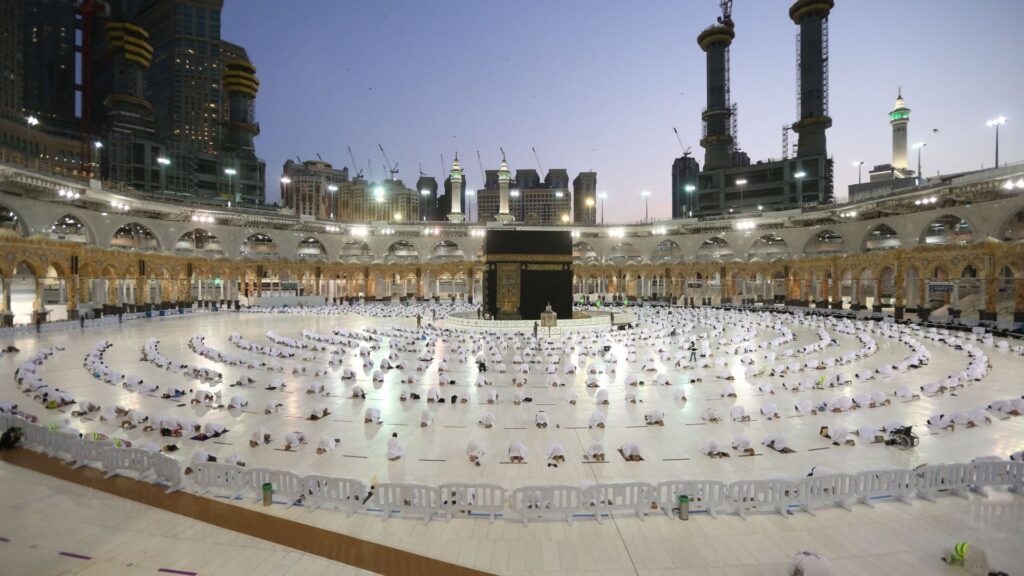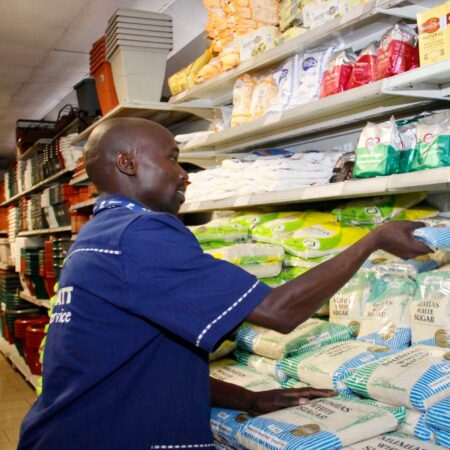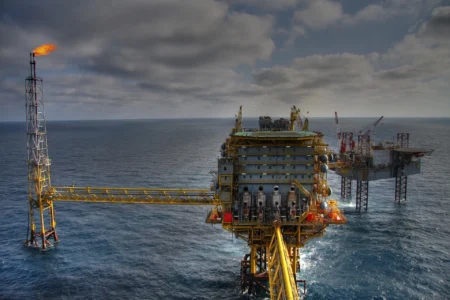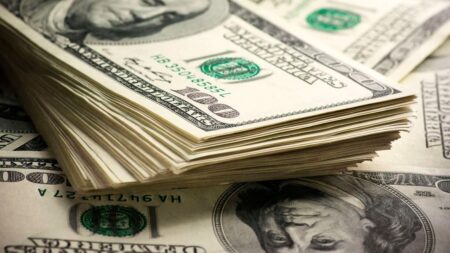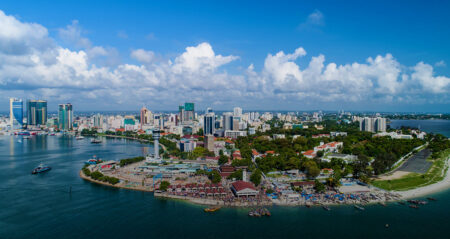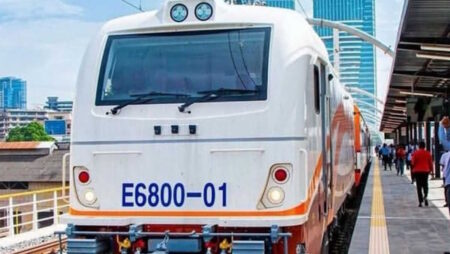- Ramadan fasting increases economic activities around the world.
- The travel sector, especially airlines registers higher revenues during pilgrimage after Ramadan fasting.
- Zanzibar has announced tax breaks for consumables during Ramadan fasting.
Every year, from the beginning of Ramadan fasting, Muslim faithful increase spending, travel more and invest significantly to celebrate the Eid vacation.
“As people’s mobility increases, the transport sector’s business also experiences a surge…as people spend the overall economy is stimulated,” explains Abdul Rashid an economist in Tanzania.
The economics of a country change during Ramadan and the months leading to and immediately after the Holy Month. This multiplier effect is felt throughout the world as the Islamic communities prepare, fast and observe the Holy Month.
Take Tanzania for example, the East African country is over 40 per cent Muslim, Ramadan fasting causes increased economic activities ranging from import and export of food, increased spending and pilgrimage related spending.
Notably, traders are aware of the Ramadan fasting dynamics and food prices normally go up during the Ramadan fasting. Basics such as sugar, milk, rice, potatoes, meat among others all see their prices shoot up in the months leading to to Ramadan fasting and during the Holy Month.
So high and notable is the Ramadan fasting food inflation that it takes executive intervention to control it. Most recently, Zanzibar President Hussein Ali Mwinyi, ordered that the Value Added Tax (VAT) on sugar imports will be stayed during the holy month.
Not only did the president issue the executive order but he also appealed to traders not to arbitrarily increase prices this year. Considering that Zanzibar is over 98 per cent Muslim, trade activities during the Holy Month of Ramadan have considerable effect on the socioeconomic and even political air of the island.
“We have decided to slash the VAT on sugar imports, therefore there should be no excuse for importers and retailers to sell sugar at high prices,” President Mwinyi said.
According to the president, the government of Zanzibar is taking all the necessary measures to control inflation. That been said, the president was adamant calling on those he described as “dishonest traders” who “increase prices even on locally produced items like cassava, fish, vegetables, fruits and bananas.”
“Stop unnecessary price hikes during Ramadan, causing inconveniences to the majority of the poor,” President Mwinyi appealed.
The president maintained that there is no reason for a price increase during Ramadan fasting. According to Mwinyi, items such as cassava, bananas and fruits are tax-free, “but still the prices continue to increase,” he decried.
On the other hand, President Mwinyi pledged government support to reduce the cost of doing business for traders and in turn he urged them to cut the prices of their products during the Ramadan fasting.
After his appeal, president Mwinyi issued a stern warning to traders who will be found to be selling sugar or all other tax free food items at higher prices than the government indicative prices set after the withdrawal of VAT.
“Stern action will be taken…they will be held accountable including the risk of losing their business licenses” he warned.
This gives you a picture of the economic dynamics of the Holy Month of Ramadan Fasting, so consequential is the Holy Month that the economics of the country are impacted.
This fact is true across the world, in Pakistan, the Middle East, Turkey, North Africa and even China, every where there is a large Muslim community, the Ramadan fasting affects the economy.
Given the closely knitted ties of global trade, the Holy Month of Ramadan fasting in effect, affects the entire world through trade and travel.
Read also: Sustainable Tourism in Zanzibar: How HotelOnline.com’s Sustainable Booking Portal is Adding Value
Ramadan fasting: Creating wealth
Take the case for India, which is 14.2 per cent Muslim, or approximately 172.2 million people, the economics of Ramadan fasting are drastic.
Madhabdi in India is a densely textile commercial and industrial area, where there are an estimated 4500 manufacturing mills and 45,000 people employed directly and indirectly in these mills.
Local media there reports that “although the factories produces goods year-round, sales peak during the month of Ramadan. Our annual sale is all year round but 70 per cent of it is done in the two months before Eid-ul-Fitr,” comments a trader from the region.
“We buy all the raw materials for the factory with the help of bank loans. Businessmen from different places in the country come to buy dresses from us a month before Ramadan. The wholesale trading lasts till the 20th-22nd day of Ramadan,” the trader attests.
Local media reports that most owners of the nearly 500 batik factories in Madhabdi, consider Ramadan fasting as “a blessing” with 65 per cent to 70 per cent of sales stemming from Ramadan fasting.
Indian economists agree that sales of fashion and consumer goods experience a significant surge during Ramadan fasting.
“It injects a fresh boost into the country’s economy…and this surge reaches far and wide covering the markets for iftar products, entertainment, the zakat economy, tourism and transportation sectors,” comments Dr. Khondaker Golam Moazzem, research director at the Center for Policy Dialogue (CPD).
“An increase in income has diversified people’s demand. Earlier, Eid shopping was limited to food and clothes, but now, electronics and other luxury products are also bought on this occasion. So it comes as a blessing for the economy,” he concludes.
Ramadan fasting: Travel boost
During and before the Holy Month, there is a lot of travel, with many workers moving to home areas to fast. The result is a boost of the transport sub-sector. More significantly, is the pilgrimage period after Ramadan fasting.
During this pilgrimage period, Muslims from across the world travel to Mecca and Medina in Saudi Arabia to pay homage at the Holy Mosque there.
While no exact figures are readily available, what is clear is that there is a significant increase in air travel during the pilgrimage period which come just after Ramadan fasting.
This period of two months pre-Ramadan and two more months post-Ramadan all mark periods of increased trade and travel, a clear indication of the economics of Ramadan fasting.





